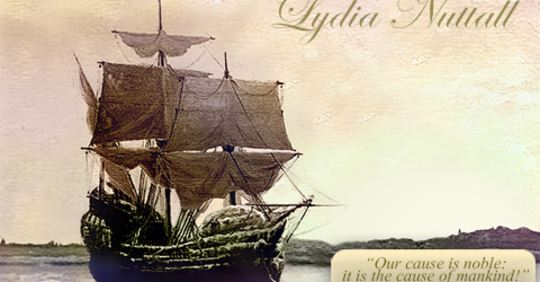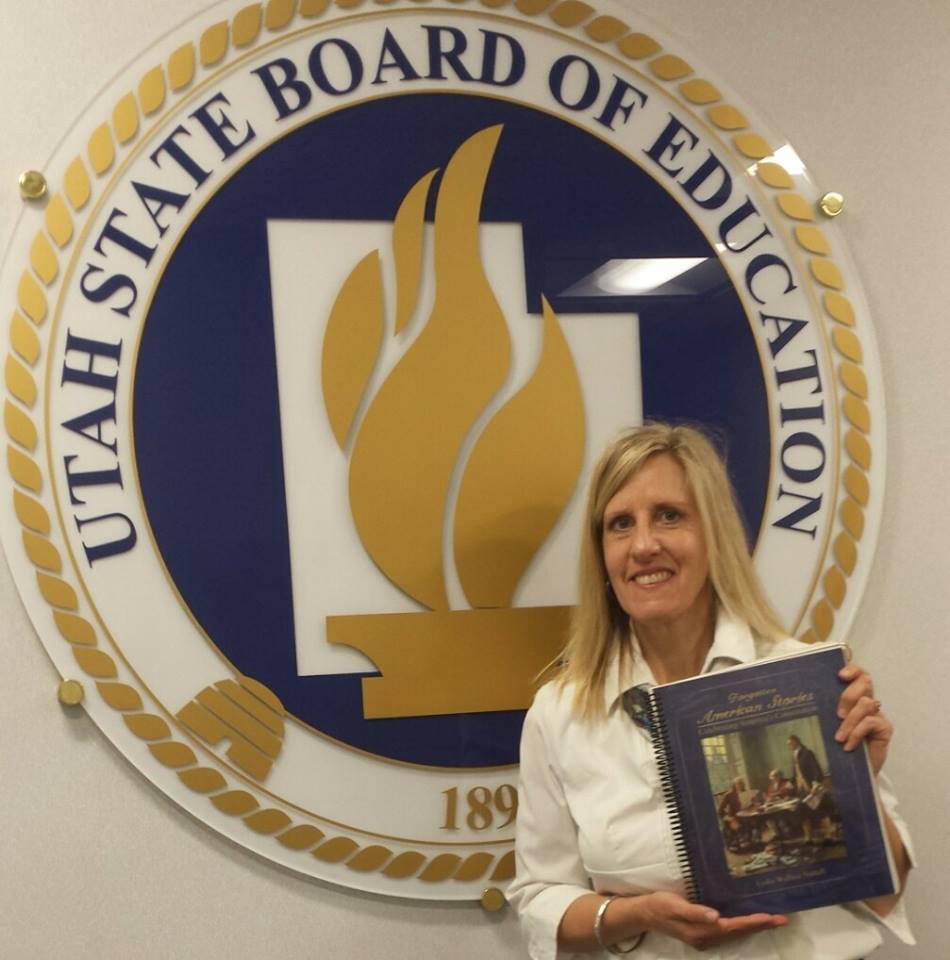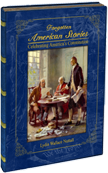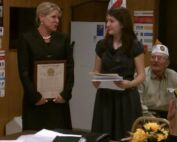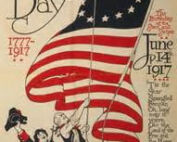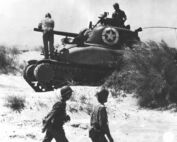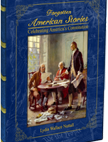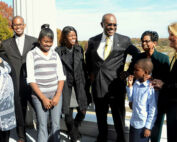DOES it matter which story about the Mayflower…
Author and teacher Lydia Nuttall published November 22nd, 2018
DOES it matter which story about the Mayflower Pilgrims we choose to believe as Americans?
I believe it does.
BELIEFÂ —>Â ACTION
What we choose to BELIEVE results in what we choose to DO with our freedom in this country.
What can a belief about the Mayflower Pilgrims in each story below lead our youth to DO?
New Story: (Are your schools teaching this story to your kids?)
They left England for America seeking for gold and power.
They denied freedom of religion to others.
They robbed/exploited/oppressed/abused the Native Americans.
They are accountable for the genocide of the Native Americans.
True Story:  (…from William Bradford’s journal published in 1898 by the Massachusetts Historical Society of which I was able to obtain a rare copy)
They studied the Bible.
They strived to live the way they believed the Bible taught them to live in their small community.
These teachings clashed with those taught by the Church of England which King James I embraced and forced upon all his subjects.
They left England for the Netherlands — a country which embraced religious freedom.
They lived there in peace practicing their religion for 12 years.
WHY, then, did the Pilgrims leave for America when they already found religious freedom in the Netherlands??? (Answers below are also from William Bradford’s journal.)
1) Their labors were extremely hard just to eke out a living and, therefore, many left because they could not physically bear such labor indefinitely.  Of necessity, their children were also required to perform the same hard labor.  This hard labor was literally crippling their children in their youth as well as taking away too early the lives of their parents.
2)Â They saw their children embracing the popular beliefs of those in the Netherlands –Â the “manifold temptations of the place” and “the great licentiousnes of youth in the countrie” –Â to the “great greefe of their parents and dishonour to God.”
3) They believed they were led by a Higher Power to sail to America and establish a society based on “the gospell of the kingdom of Christ…as stepping stones unto others for the performing of so great a work.”
MORE Fascinating Facts from William Bradford’s journal:
- They practiced their Christian beliefs during the 9 week voyage across the Atlantic Ocean amidst merciless persecution from many members of the Mayflower crew.
- They settled on the cultivated land where the Patuxet Tribe used to live.
- About 3 years previous, the Patuxet Tribe had been totally wiped out by a “wasting plague” that occured “before the coming of the English”.
- Squanto was the only survivor of the Patuxet Tribe. He had been enslaved many years previous by other explorers, was brought to Europe, learned English, and was eventually freed. He returned to his home in time to help the Pilgrims who were struggling to survive where he used to live.
- The Pilgrims practiced their Christian beliefs of kindness, respect, honesty, and friendliness toward their neighbors, the Wampanoag Tribe.
- Both the Pilgrims and Wampanoag Tribe set their fear of differences aside, focused on commonalities they shared, and helped strengthen each other from other tribes who would hurt them and take away their liberties.
- They co-existed in peace for over 24 years.
Which story will you teach your kids?
 Author Lydia Nuttall
Author Lydia Nuttall
WTK Executive Board Member
*
APPROVED BY
WE THE KIDSÂ MOMS!
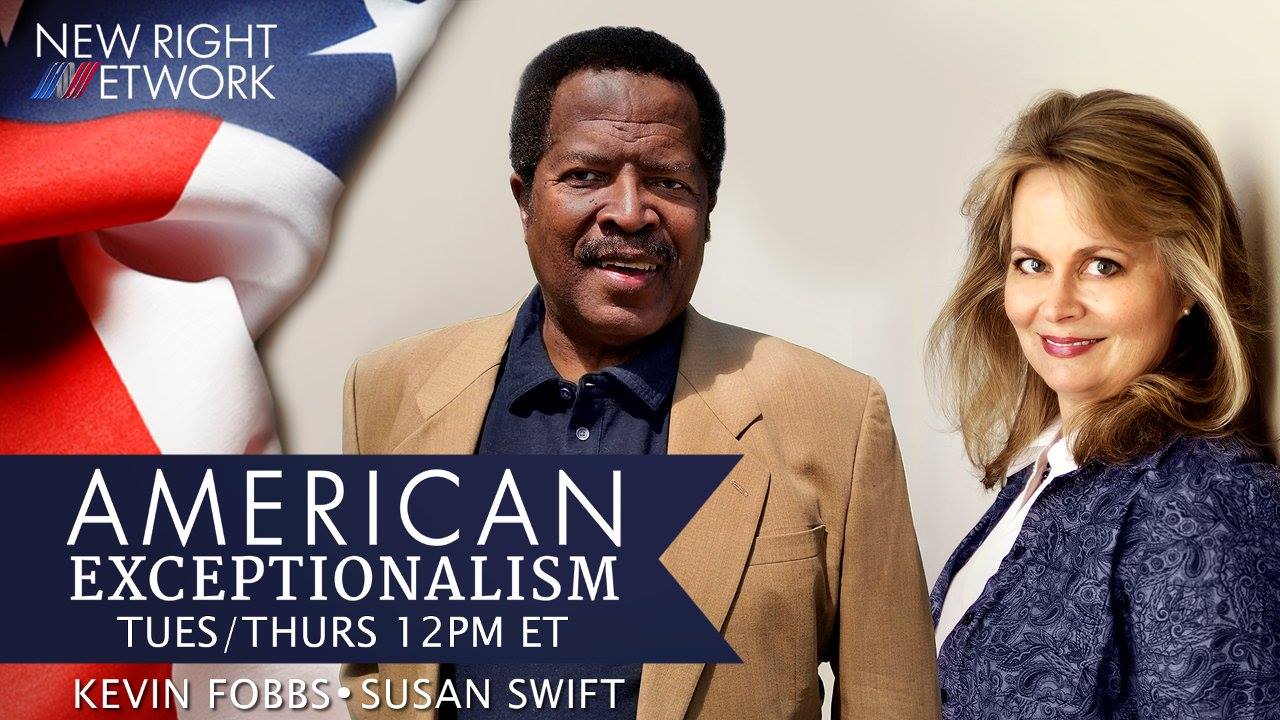 American Thanksgiving Reborn – God, Family and ‘Life Friday’!
American Thanksgiving Reborn – God, Family and ‘Life Friday’!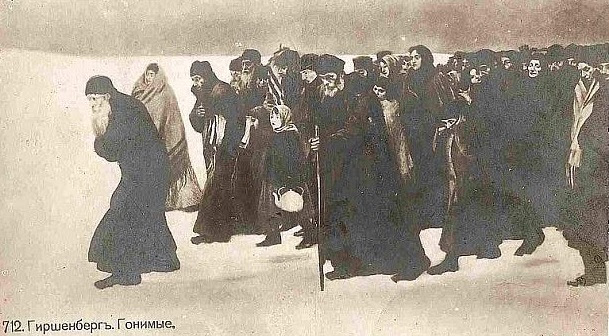 American Minute with Bill Federer Rasputin "The Holy Devil,"
American Minute with Bill Federer Rasputin "The Holy Devil,"Recent Posts
WTK MARA’S BOOK REVIEW OF THE MONTH
WE THE KIDS Featured Story For July!
Dave Bray USA “The Constitution is something that I swore an oath to…”
Dave Bray USA on The Constitution
“to the FLAG and to the REPUBLIC for which it stands”
American Minute with Bill Federer
D-DAY: Commemorating the anniversary of D-Day
D-Day, one of the most auspicious dates in our WWII history
Forgotten American Stories:
WTK's...Encouraging the American tradition of “family night”
WTK favorite – Herman Cain on the Constitution
We The Kids sends our condolences to the family of Mr. Herman Cain. America has lost a truly inspiring American patriot.

